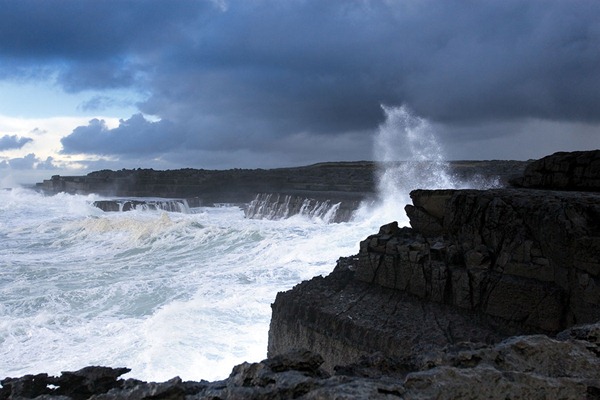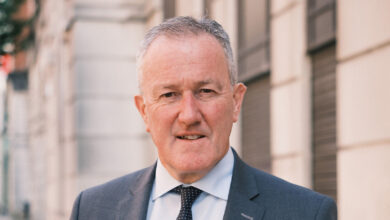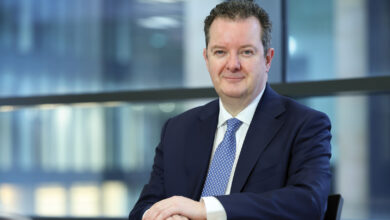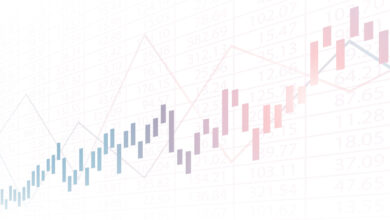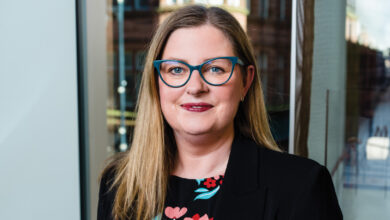Irish marine renewables
An overview of the Marine Renewables Industry Association and its work in co-ordinating Ireland’s wave and tidal efforts.
“Ocean energy represents perhaps the greatest economic opportunity this island faces over the next 20 years and it’s up to us to exploit and ensure that we realise all of the potential benefits.”
Peter Coyle, who chairs the Marine Renewables Industry Association (MRIA), made the statement at this year’s Energy Ireland conference as he introduced its work. The association was founded in 2009 to represent organisations involved in developing wave and tidal energy, including manufacturers, consultants and research organisations. It has 18 members from across the island and three government agencies (SEI, DETI and Enterprise Ireland) sit as observers.
Coyle is a former Executive Director of Enterprise Ireland, who has also worked for the Republic’s Industrial Development Authority. The MRIA’s secretary, Dr Raymond Alcorn, is a research manager at University College Cork’s Hydraulics and Maritime Research Centre.
The association’s aims are to facilitate commercial development, promote industry-led research and raise the industry’s public profile.
Research by Vattenfall shows the island as the centre of an ocean energy hotspot in the North Atlantic throughout the year. This supports the MRIA’s claim that Ireland’s resource is the best in the world and Coyle predicts that, as with wind, the amount of energy eventually generated will beat the forecasts.
He estimates that around 20-25 per cent of the world’s marine energy workforce is working on Ireland, making it “very much an early mover” in the market. An “enormous immediate opportunity” is also opening up for Irish companies in the UK.
Developing the grid for export will be central to developing Ireland’s potential. The association anticipates that the Ireland-Wales interconnector, to open in 2012, will be one of the first links in a European super-grid.
Over the next year, the MRIA’s priorities are to continue pressing for a new planning consent regime in the Republic and lobbying the Irish Government to create special development zones for marine energy. The strategic environmental assessment for the latter is currently being completed.
Several applications were made under the old regime and MRIA members have unilaterally set them aside with a view to re-applying when they know what the new regime will involve.
It will also seek financial pledges for developing generators up to 2020.
Association members meet every two months in venues across Ireland. One meeting has also been held in Edinburgh, to visit facilities and meet people involved in the Scottish marine sector.
Several marine organisations will soon be working together from the same site at Ringaskiddy, in Cork, co-ordinating their efforts and seeking research funding as one entity. This will incorporate the National Maritime College, University College Cork and the Irish Naval Service, which already uses its ships for research purposes.
“The service, in my observation of it, has now become driven very much by engineering and scientific innovation,” Coyle comments. “For example, all the senior NCOs [non-commissioned officers] are now earning degrees through the National Maritime College so it’s consistent with their agenda of innovation and change.”
Alcorn adds: “We’re part of the jigsaw in Ireland. The whole thing makes Ireland unique in the world. We have the resource, we have the people, we have the will from the Government and we have some money behind it.”
In his view, Ireland is more likely to bring the “bits of the puzzle” together on ocean energy due to its smaller size, compared with sectors in the UK and Australia.

